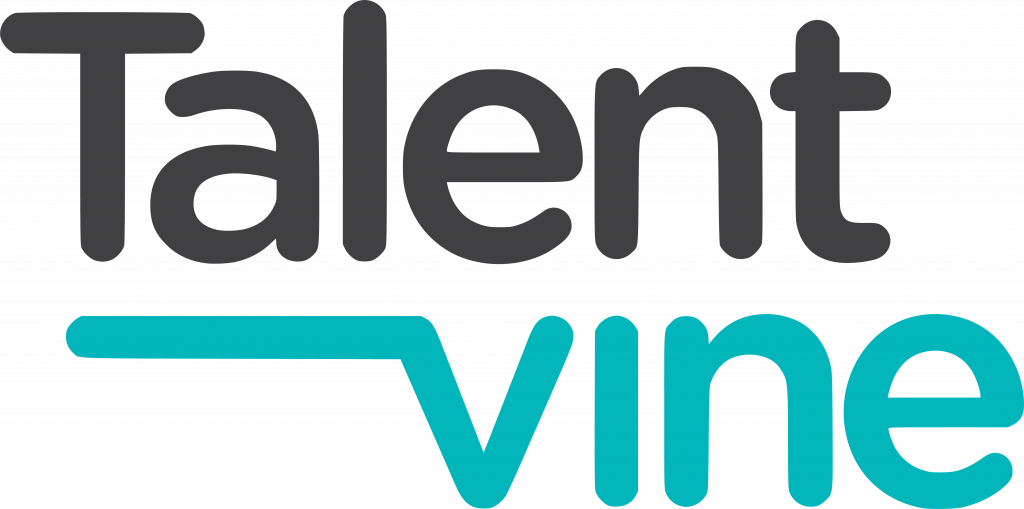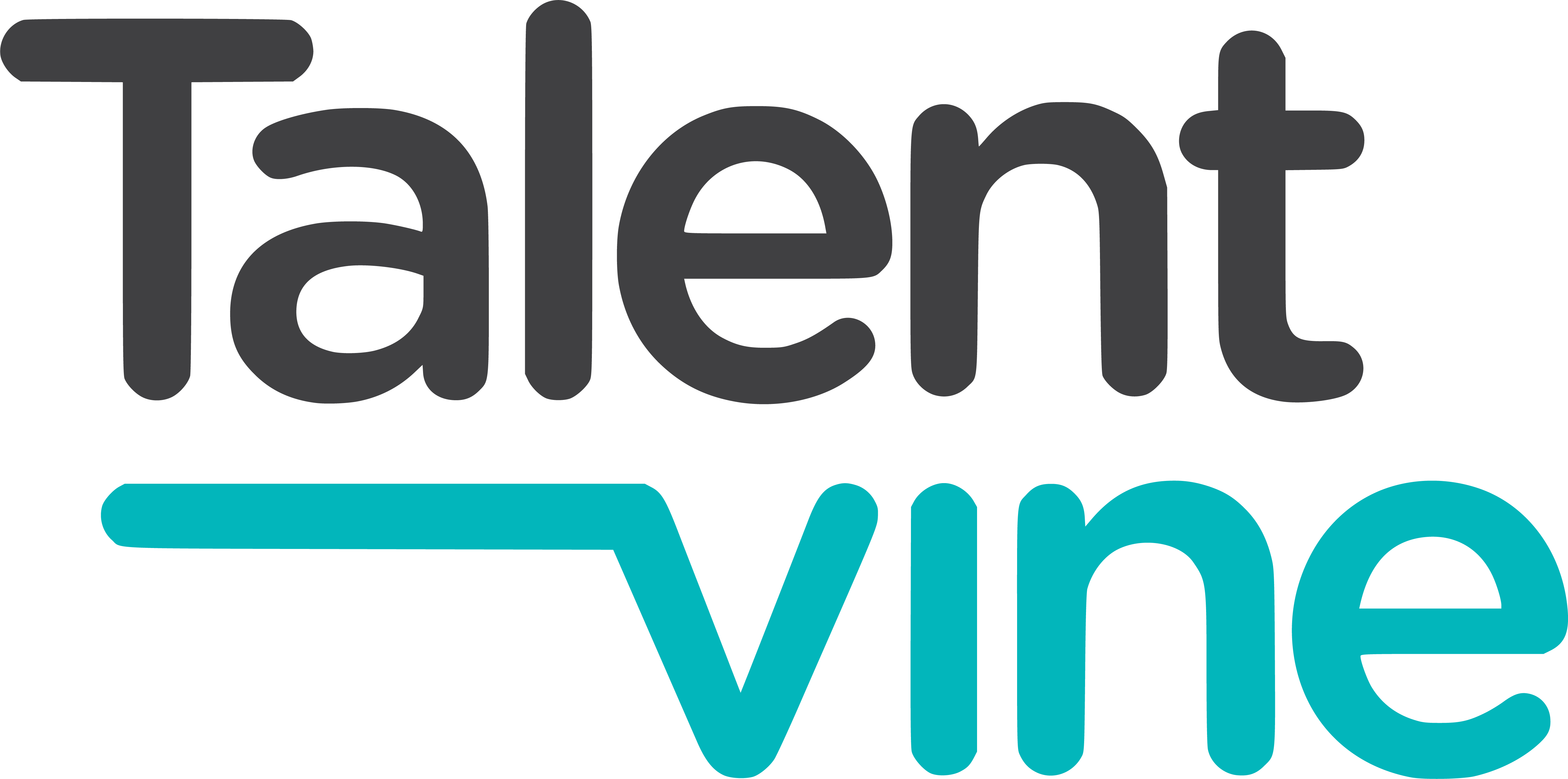Working with contractors and freelancers might seem to be an easy way out for organisations. It often saves businesses HR employment costs and obligations. However, doing it right isn’t that simple! To get the most out of the gig workers, you need to provide a supportive work culture, foster loyalty and ensure that they are chuffed to bits. You also have to be attentive towards your talent management. For instance, you need to understand their working conditions, career aspirations, security and remuneration. In short, you cannot treat gig workers as a source of a quick fix and disposable as per your needs. Treat them as your go-to person and let them be their true selves.
In other words, “gig workers” have to be treated as a valuable resource!
What do you need to do to ensure the gig workers are a valuable asset?
Freelancers and contract workers are quite picky when it comes to selecting projects and potential employers. As a result, they need a solid reason as to why they should pick you. The key to turn the tables and get them on your side is to show them that you care. Your organisation needs to have a solid and supportive work relationship with them. Gig economy is taking off and has a great deal to offer to businesses. So, what happens next? What steps should you take when you onboard a gig worker?
1. Appoint an in-house person as their manager.
To get everything ready before their onboarding.
Gig workers need to feel welcomed and treated fairly. Therefore, organisations need to book internal training and webinars in the same way that they do for any in-office team members. Connecting them with experts and mentors helps them get acclimatised easily. For instance, appointing an in-house person will provide insights and help them contribute personally to the organisation.
Related: How to Create an Unforgettable Employee Onboarding Experience?
2. Build a relationship.
To help them settle in their new role.
A flexible working environment is a top priority for gig workers. Hense, you need to have regular conversations and try to tailor work opportunities to suit them. For instance, get them acquainted with the organisation culture and values. You should also provide training and development to foster productivity and self-development opportunities.
One of the negatives of gig working is the lack of time with your team to develop relationships. With this in mind, always make sure that you don’t let your gig workers feel left out or forgotten. For instance, if you’re heading for a team activity, keep them posted with photos. Inviting them in video-call also helps them feel included in the team.
3. Provide feedback, whether on-site or from clients.
To appreciate their work or to provide an opportunity to rectify their mistakes.
Constructive feedback is important to establish a long-term relationship. Therefore, you should observe gig workers, schedule regular catch-ups and provide opportunities to air concerns. Above all, recognition should not be overlooked, and employee success should be celebrated. This establishes credibility in the organisation and results in quality performance by every member.
Related: Giving Constructive Criticism? Here’s What Not To Say
4. Overcome administrative issues.
To carry on smooth business functions.
Organisations need to ensure that their book-keeping requirements are met. Therefore, they must provide arrangements to facilitate the tasks allocated to gig workers. Besides, you need to provide adequate attention to the facilities at your workplace. Independent contractors should not be forgotten; improving employee productivity needs to be the top priority!
If you carry out the steps mentioned above, you will be entitled to loyalty from your gig workers. As a result, you will set a benchmark, and you will be able to drive the market with your skilled workforce.








